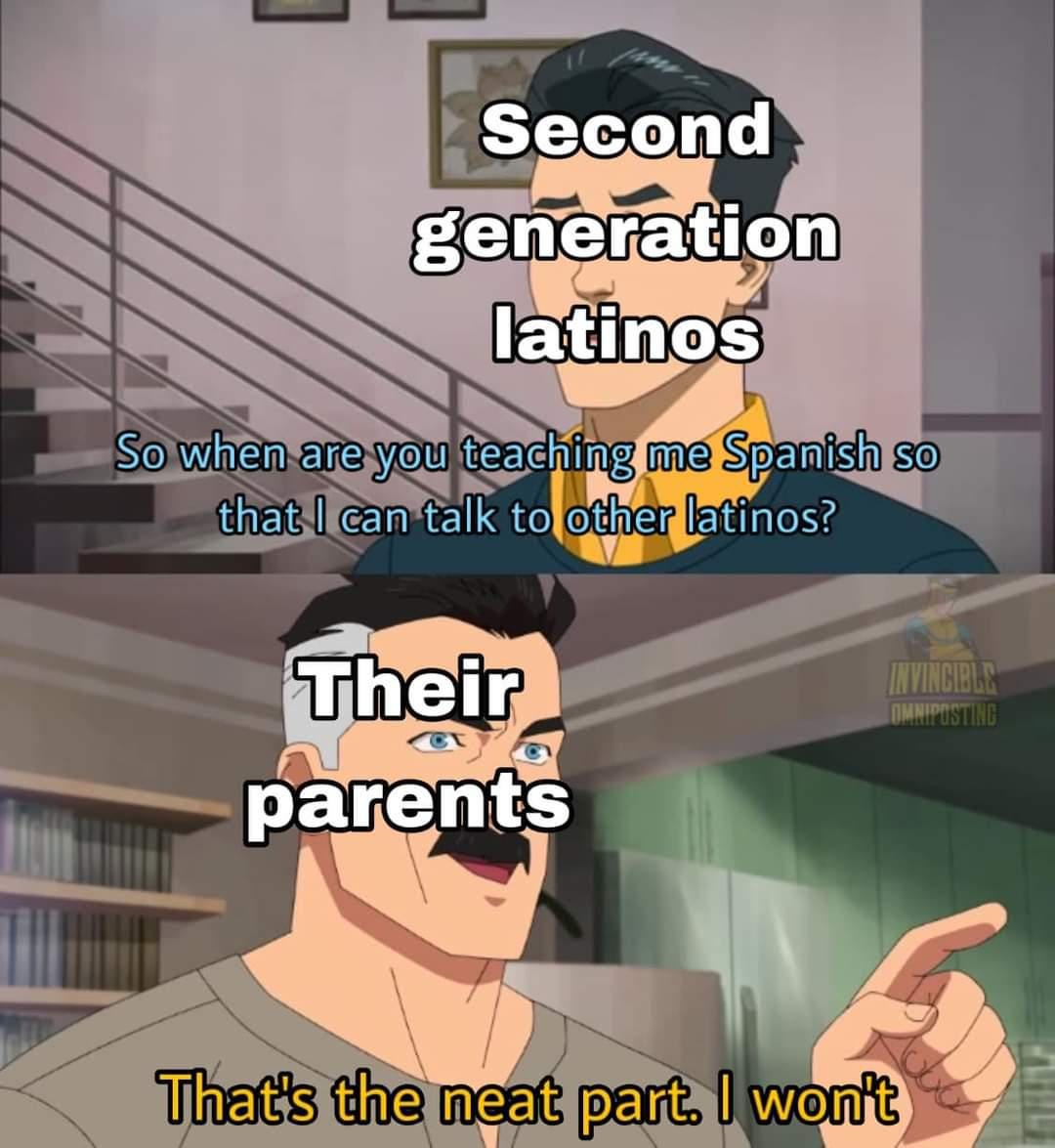Second Language Strategies to Maintain Your Family Heritage
An under discussed reason to learn a new language
Welcome aspiring polyglot! When I first began learning new languages, my intent was not really to keep anything alive, but to expand my competencies and learn to communicate with new people. We have discussed various reasons people choose to learn a new language, but one of the most underrated reasons is keeping family heritage alive.
Many immigrants learn their familial language and will often speak it at home. Over the years, however, that tends to die out. By the third generation it is rare for a member of the family to be fluent, though they are often capable of understanding that which is said to them. If that sounds like you, then you are already halfway to becoming bilingual, why not finish the job?
Develop language skills to stay in tune with your family roots
One of the problems with losing your family’s language is that many of the stories that have been written and told about your ancestors were not written or spoken in English. Even a trained translator struggles to ensure the meaning of the stories they translate are captured at every level. Often translators lose out when it comes to word play specifically, meaning many of the greatest pieces of your family story are written in a language you do not understand.
Fortunately, you can never show up late to your own life. If you are looking for reasons to learn a new language, family heritage is one of the best and using your family history to learn a new language is phenomenal. The best part is you may be able to tackle multiple languages if your family has a mixed background. Though this may cause trouble, my wife and I are currently working toward getting our Luxembourgish citizenship. I don’t think we will ever learn Luxembourgish.
Following the family tree
As you are working through this, see if your family can help you. Chances are it has been far too long since you called your grandparents, and they will more than likely be happy to tell you everything they know about your family history. You may even get lucky and find that there are written stories in another language left over from your ancestors who were hoping someone would keep them alive.
If the stories you come across are in English, they make great material to translate for practice. This is especially true if you have living family members who do speak the language in question. Think about how the stories of the past would sound, how you would tell them, and who you would tell them to, then try it out with any family member who speaks the target language. Worst case scenario, write out the stories to yourself and as you progress you can return to try and make them more coherent, precise, and enjoyable.
Not that you need an excuse, but if you are looking for one, going through these exercises is a fantastic reason to go out and visit the places your family came from originally. Depending on your heritage and when your ancestors immigrated, you may even find people who knew people related to you. Diving into your family tree is almost always an enjoyable task and I think it is a worthwhile endeavor.
Exploring second language acquisition with your family
Just because your parents, or their parents, did not pass down the family language, does not mean you have to follow this trend. You can and should break the cycle. Learning a new language with your families is one of the most difficult, but ultimately enjoyable, experiences you will have. At times you will want to give up, but when you lay in bed at night you can rest easy knowing you set your children up for success and fortified your brain against the wear and tear of age.
Not only will you be setting your children, and yourself, up for success, you will be guaranteeing you always have someone to practice with at home. I have been speaking multiple languages since I was 16 and never once have I had a negative reaction talking to someone. It may be true that at one point it was not always safe to teach your child another language, but that is not true today. Now it is all but an outright disservice to avoid teaching your children a second language.
If you are trying to teach your own children there are a few different methods you can use that will have varying degrees of efficacy. The most common method is one parent one language. This is, essentially, exactly what is sounds like. Each parent only speaks to the children in one language, the other parent only speaks to the children in the other. Once they have mastered both you can go back and forth, but be careful not to let them take the easy way out and default to English every chance they get.
Learning a language with your children can be frustrating because they will likely be able to learn it quicker than you. Age does not determine whether or not one is capable of learning a language, but it will affect the speed at which you are able to reach fluency. Whether that is because the child’s brain is better suited for language acquisition or because children don’t have to worry about going to work and paying bills is irrelevant.
Have grace with yourself and remember that you are not competing with your child. They may have an inherent advantage, but you know more about the world, you know more about your native language, you know have more points of reference to pull from when working with comprehensible input. You have this site and all of the materials here you can use, and you should use them to help facilitate this process:
Raising Bilingual Children
Welcome aspiring polyglot! For those who have or plan to have children, I've already discussed various options for approaching language learning with your little ones. Undertaking bilingual education is one of the more difficult tasks for anyone, let alone someone who doesn't speak both languages that are being used. While it's far from impossible, it does necessitate a bit more planning. That's where I come in, though!
At the end of the day, your children are your legacy and giving them every advantage should be your goal. Bilingualism is the standard now, there are more bilinguals in the world than there are monolinguals. If your family has always spoken the same language and English is the core of your history, you get to choose where to take things next. Build a new family second language. Test your predictive abilities, what language will your children benefit most from knowing in 30 years? And the 2nd most beneficial? Choose one and get to work.
Conclusion
There are numerous reasons why you should learn a new language. Whether you want a pay raise, an expanded worldview, the ability to meet more people, or to stay in touch with your heritage, learning a new language is a worthwhile endeavor. The advantage of following your family tree is that it gives you the opportunity to cultivate relationships with your family and strengthen family ties.
Building a legacy is difficult, but keeping one alive may be even more of a challenge. Both are worthwhile and you should make the effort to raise bilingual children and connect them to their past. For those who do not have a history to connect to, build something that your great grandchildren will fight to connect their grandchildren to in the future. Save all the resources and stories you create, you never know who will reach back into the past to use them later down the line.
Eager for more Second Language Strategies?
For more content find me on Twitter or Instagram. If you are struggling to get speaking in your target language, get up to 55% off a Babbel subscription using this link. I look forward to seeing everyone’s progress in the months and years to come. Be sure to check out the YouTube channel as well!
Learning Spanish? We have begun aggregating resources in you Spanish Resource Newsletter!
Don't forget to pick up your very own French Language Logbook or Spanish Language Logbook!







